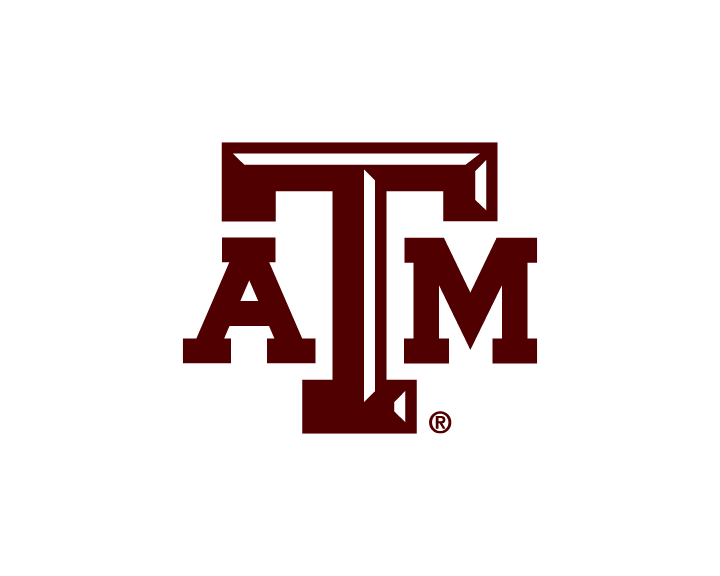Cutting supply during a shortage is ridiculous.
Another reason to impeach.
Timeline

www.michigan.gov
Applicable Permits
Overview
Enbridge Energy’s Line 5 pipeline was built in 1953 and extends for 645 miles across the state of Michigan. Line 5, which is part of Enbridge’s Lakehead System, begins in Superior, Wisconsin, and ends in Sarnia, Canada.
Line 5 details
Marshall spill raises awareness
State creates pipeline task force
Board initiates Line 5 analyses
Coating gaps, anchor strike
First agreement between Enbridge, State
Second agreement between Enbridge, state
Agreement to build tunnel
Legal challenges to tunnel
LINE 5 DETAILS
The pipeline is a single, 30-in diameter pipe except for the section that crosses the Straits of Mackinac. That 4.5-mile section is two separate pipelines, each 20 inches in diameter, that lie on the lake bottom. The pipeline’s route through the Straits is within an easement issued in 1953 by the State of Michigan. The easement authorized Lakehead Pipe Line Co., Inc., which eventually became Enbridge Energy Limited Partnership, “to construct, lay and maintain pipe lines over, through, under and upon certain lake bottom lands …for the purpose of transporting petroleum and other products. … ”
Line 5 transports up to 540,000 barrels – or 22.68 million gallons – per day of light crude oil and natural gas liquids, according to Enbridge. Some of the natural gas liquids are refined into propane and used in the Upper Peninsula, while other products are routed for processing at oil refineries in Detroit and Toledo, Ohio. The remainder crosses the St. Clair river for processing in Sarnia.
Some Michigan drilling companies use Line 5 to transport the oil they produce. That product is introduced into the pipeline at Lewiston, Michigan.
MARSHALL SPILL RAISES AWARENESS
In 2010, about 21,000 barrels of heavy crude oil spilled in a tributary of the Kalamazoo River near Marshall from a line owned by Enbridge.
As a result of the Kalamazoo River spill – one of the largest inland spills in U.S. history – the State and Enbridge in May 2015 entered into a $75 million Consent Judgment. That was followed in July 2016 with a Consent Decree between Enbridge and the federal government to resolve claims related to the Marshall spill. Enbridge agreed to pay $110 million on spill prevention and pipeline operations in the Great Lakes region and a $61 million fine. Cleanup efforts are ongoing and are estimated at more than $1 billion.
The spill prompted increased attention and focus on the potential ecological and economic damage that could occur if the Line 5 pipeline running beneath the Straits of Mackinac failed.
continued

 www.foxnews.com
www.foxnews.com





